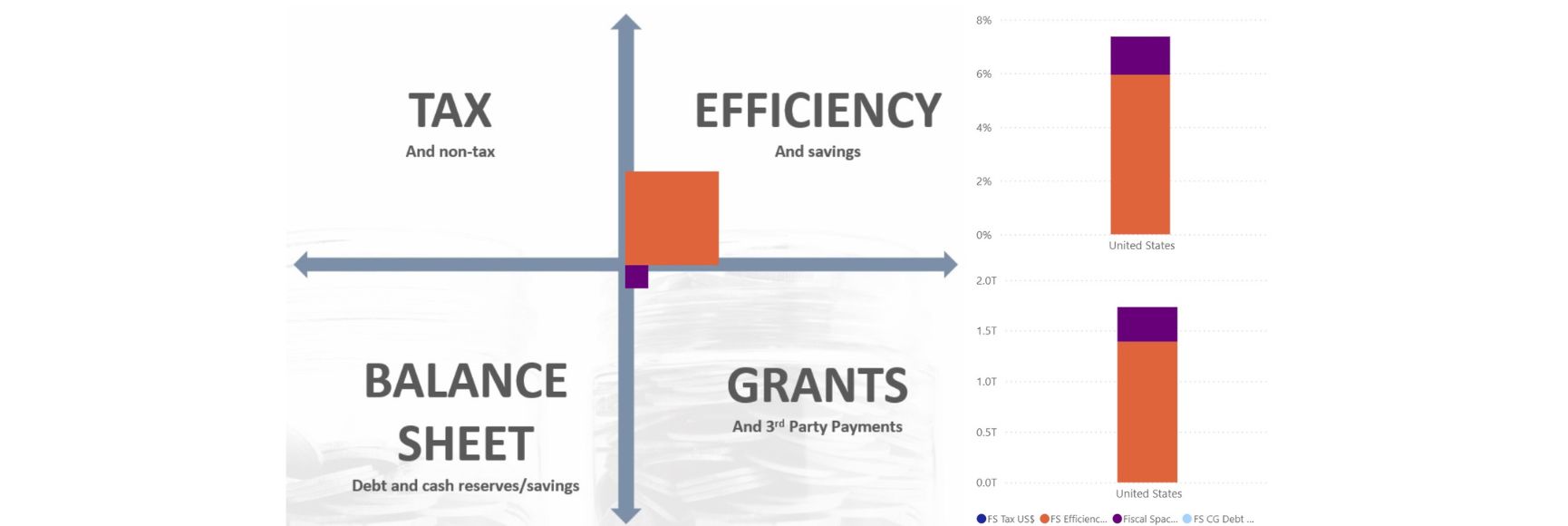Posted by Michel Marion
The Caribbean Regional Technical Assistance Centre[1] (CARTAC) has been providing technical assistance aimed at strengthening debt management institutions and human resource capacity. This effort was scaled up during Phase III (2008-2010) of the CARTAC project, in response to a rise in demand by members, and as a key element of an intensified effort to strengthen fiscal management and to help member states better manages their fiscal – including debt management – risks.
To meet this demand, CARTAC developed and rolled out a number of TA initiatives. The first one involves carrying out an institutional review and supporting senior managers in the MoF and central banks in undertaking the needed reforms of their debt offices, following the models proposed by the IMF and by the Commonwealth Secretariat (ComSec). Four workshops were also developed; and they are being delivered to help debt managers in member countries:
- Analyze and assess various external financing instruments;
- Plan for and negotiate with potential creditors on new loans;
- Carry out the advance planning and preparation work before entering into re-negotiations of their debt portfolio with creditors; and
- Analyze and assess the debt portfolio in their country, and formulate change recommendations as required.
CARTAC has also been assisting members in a more indirect way, through various partnership arrangements. Recently, for example, CARTAC and the Debt Management Advisory Services (DMAS) project financed by the Canadian International Development Agency (CIDA) and managed from the Eastern Caribbean Central Bank[2] (ECCB) joined forces to help ECCB members prepare their own Debt Sustainability Assessment and the associated long-term macroeconomic and fiscal projections used as inputs.
CARTAC has also been partnering with the Inter-American Development Bank (IADB) for a number of years, by sponsoring the participation of representatives of member states to meetings of Debt Office managers operating in the Latin American and the Caribbean (LAC) regions. These meetings provide CARTAC members an excellent venue for them to network with their counterparts; share experiences; and learn about good regional practices and about the capital markets environment in which they are operating. This year, three-day LAC meetings are scheduled to take place in Montego Bay from October 19th - 21st; and all CARTAC member states – including the ECCB and ECCB members – are being invited to participate. ComSec and other regional institutions are also joining the partnership this year, as senior Caribbean officials are being asked to arrive a day early for a “Caribbean Day” on October 18th. Discussions that day will focus on topics of particular interest to them, notably the problems and challenges they face and the attendant needs for institutional strengthening, capacity building and ICT support. We expect that issues member states encounter in managing their debt statistics or in formulating their debt strategies will be raised. We are hoping that this discussion will yield valuable insights as we refine our respective TA strategies. We also plan to use “Caribbean Day” as an opportunity to sound out our members’ interest in the formation of an association of Caribbean debt managers. If a sufficient level of interest is expressed and if it is accompanied by a commitment of senior Ministry of Finance and Central Bank officials to work to ensure the association’s success, CARTAC is prepared to support such an initiative.
[1] CARTAC is an IMF-managed and donor-funded institution mandated to provide technical assistance to its 20 Caribbean member countries and states. CARTAC member countries are: Antigua and Barbuda, The Bahamas, Barbados, Belize, Dominica, Grenada, Guyana, Haiti, Jamaica, St. Kitts and Nevis, St. Lucia, St. Vincent and the Grenadines, Trinidad and Tobago, and Suriname. The following UK Territories are also members: Anguilla, Bermuda, British Virgin Islands, Cayman Islands, Montserrat, and the Turks and Caicos Islands.
[2] The ECCB serves the Eastern Caribbean region; its members are Anguilla, Antigua and Barbuda, Dominica, Grenada, Montserrat, St. Kitts and Nevis, St. Lucia, and St. Vincent and the Grenadines.
Note: The posts on the IMF PFM Blog should not be reported as representing the views of the IMF. The views expressed are those of the authors and do not necessarily represent those of the IMF or IMF policy.





